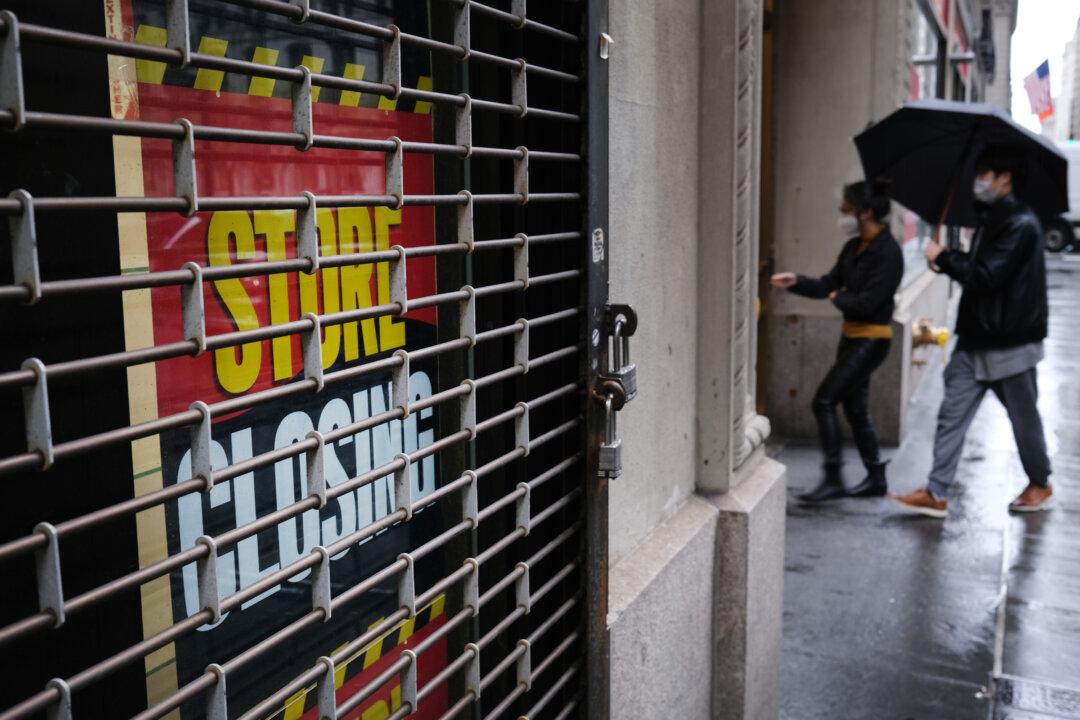Commentary
The pandemic and subsequent government-mandated lockdowns and their devastating economic effects have affected Americans differently.


The pandemic and subsequent government-mandated lockdowns and their devastating economic effects have affected Americans differently.